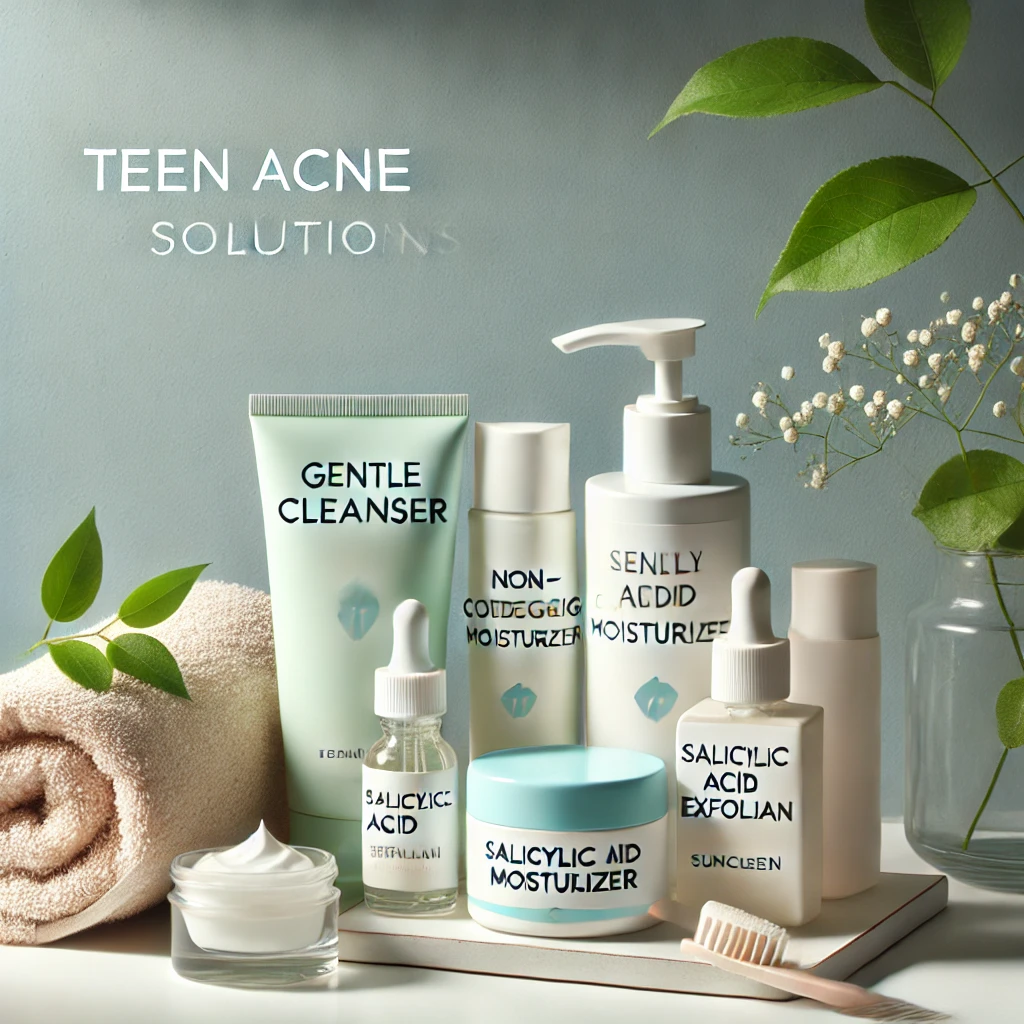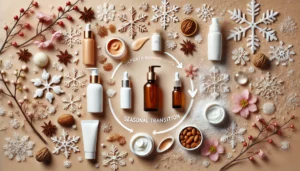Effective Teen Acne Solutions: Building the Ultimate Skin-Care Routine
Acne is an all-too-common issue that many teenagers face, making those formative years even more challenging. But fear not! With the right skincare routine, tackling teen acne can become a manageable, if not beatable, endeavor. In this comprehensive guide, we’ll dive into effective solutions and steps to create the ultimate skincare routine tailored for teenagers.
Understanding Teen Acne: What Causes It?
Teen acne primarily arises during puberty when hormones, particularly androgens, increase in both boys and girls. These hormones stimulate the sebaceous glands to produce more oil, leading to blocked pores and the growth of acne-causing bacteria. It’s important to note that not every skincare solution works the same for everyone, emphasizing the need for personalized approaches.
Common triggers include:
- Hormonal Changes: Fluctuations during puberty can spike oil production.
- Poor Skincare Practices: Lack of proper cleansing can exacerbate acne.
- Genetic Predisposition: Family history plays a role in acne prevalence.
- Dietary Factors: Some foods, particularly those high in sugar, may contribute to breakouts.
Building the Ultimate Skin-Care Routine
Creating the ultimate skincare routine involves several tried-and-true steps tailored to meet the unique needs of teenage skin. Here’s how to do it:
1. Cleanse Thoroughly
The cornerstone of any acne-fighting routine is thorough cleansing. This step helps remove excess oil, dirt, and makeup from the skin’s surface. Look for gentle, sulfate-free cleansers that won’t strip your skin of necessary oils.
- Choose a Gentle Cleanser: Opt for products that maintain the skin’s pH balance.
- Avoid Over-Washing: Cleansing twice a day is adequate. Over-washing can lead to increased oil production.
- Use Lukewarm Water: Hot water can irritate the skin, while lukewarm provides a gentle cleanse.
2. Exfoliate Regularly
Exfoliation is key to removing dead skin cells and preventing clogged pores. However, excessive exfoliation can cause irritation.
- Pick the Right Exfoliant: Products with salicylic acid or gentle scrubs are ideal for acne-prone skin.
- Limit Exfoliation: 2-3 times per week is sufficient to avoid over-irritation.
3. Tone and Balance
Toning assists in closing pores and restoring the skin’s natural pH. It’s an important step for teenagers to maintain balanced skin health.
- Choose Alcohol-Free Toners: Alcohol can dry out and irritate skin. Opt for soothing ingredients like chamomile or rose water.
- Apply Gently: Use a cotton pad to lightly dab product onto the face.
4. Moisturize Religiously
Moisturizing is a must to keep skin hydrated and protected, even for oily, acne-prone skin.
- Select Non-Comedogenic Products: These are less likely to clog pores.
- Go for Lightweight Formulas: Gel-based moisturizers provide hydration without heaviness.
5. Spot Treatments for Blemishes
Targeted treatments can help specifically address and reduce breakouts.
- Consider Over-the-Counter Options: Products with benzoyl peroxide or sulfur can effectively reduce pimples.
- Apply Sparingly: Use spot treatments only on blemishes to prevent skin irritation.
6. Protect with Sunscreen
Sun protection is crucial for everyone, but especially for those using acne treatments that can make skin more vulnerable to UV damage.
- Use Broad-Spectrum SPFs: Opt for at least SPF 30 to protect against both UVA and UVB rays.
- Select Non-Greasy Formulas: Lightweight, oil-free sunscreens are best to prevent adding extra shine.
Additional Lifestyle Tips for Managing Acne
Pairing a solid skincare routine with healthy lifestyle habits can amplify results:
- Adopt a Balanced Diet: Emphasize fruits, vegetables, and whole grains while limiting sugar-laden foods.
- Stay Hydrated: Water helps maintain skin’s elasticity and supports detoxification.
- Manage Stress: Stress management through exercise, meditation, or hobbies can reduce breakouts.
- Practice Good Hygiene: Regularly wash bedding and avoid touching your face to decrease bacteria transfer.
Conclusion
Creating an effective acne-fighting skincare routine requires patience and persistence. By understanding the unique needs of teenage skin and implementing these essential steps, teens can achieve healthier, clearer skin. Encourage ongoing dialogue with a dermatologist for personalized advice, especially if over-the-counter remedies fall short. Consistency and care will pave the way to confidence and clearer skin.



